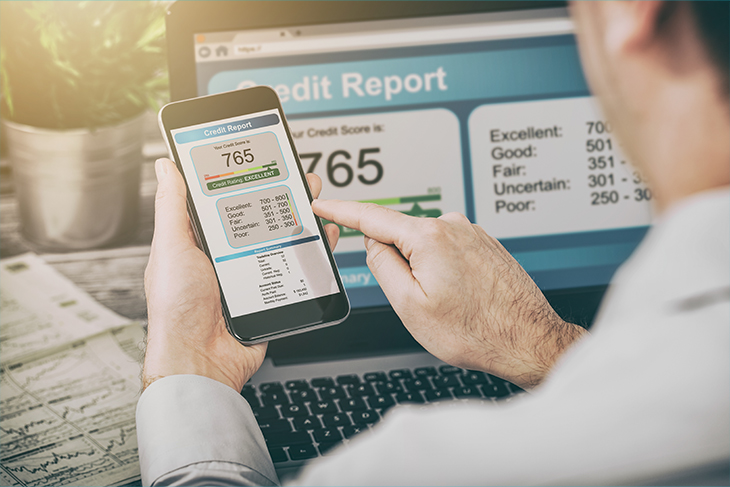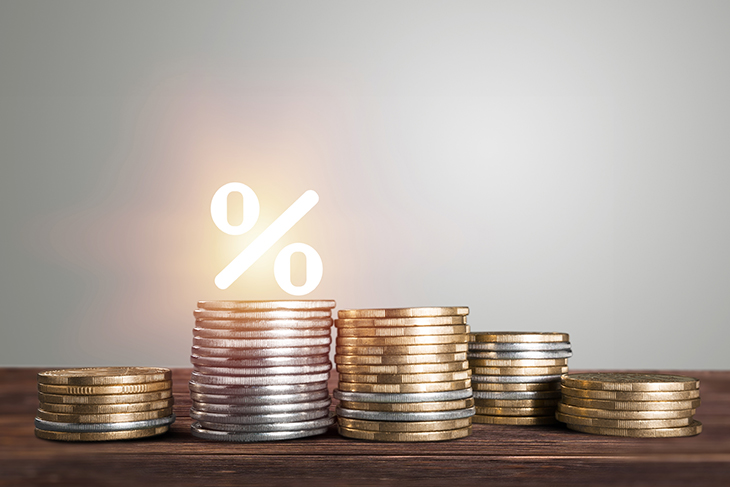When it comes to anything finance related, there is a factor that will affect everything, from the amount you can borrow to the amount the package will cost – the interest rate. You’ve probably seen it advertised, normally written as an ‘APR’.
Do you know what interest rates are? Or just want to find out more about how they work? Read on for the Creditplus jargon buster on interest rates.
What are interest rates?
In a nutshell, the interest rate is used to calculate how much the finance provider will charge you to lend the money across the length of the agreement. Expressed as a percentage, it is how the lender makes money from the finance package. So, to give a basic example, if you are set an interest rate of 5%, you will end up paying back to the finance provider 105% of what you have borrowed.
There are also two types of interest rates – fixed and variable. Fixed is where the interest rate is set at a specific percentage and won’t change across the agreement. Variable can change, going both up and down. This change is affected by a number of factors, but most specifically the Bank of England base rate.
You often see the interest rate labelled ‘APR’. This stands for ‘annual percentage rate’. This just shows that the interest is charged on the amount borrowed across that year, and not across the total length of the finance agreement.
How are they calculated?
The biggest factor behind how interest rates are calculated is the Bank of England base rate. Also known as the bank rate, this is how much the finance providers are charged for borrowing money from the Bank of England, which is how they are able to provide their service. This is set each year and is designed to help sustain the country’s economy.
What else can affect the interest rate?
Interest rates are also affected by your credit rating. There is an element risk to a finance provider lending you money, so they will use your credit score and financial history to assess that risk. The less of a risk you are, the lower the interest rate will be. If you have a poor or bad credit rating, then the interest rate will be higher to reflect the greater risk in lending you the money.
Finance providers compete with each other to attract customers, so the amount they charge will be affected by how much they want to appeal to you as a customer.

How can I get a better interest rate?
The easiest way to getter a better rate of interest is to improve your credit rating. There are lots of ways to do so, from improving your traceability to consolidating any outstanding debts so that it’s easier to pay off.
Another thing you can do is to try and compare the finance deals available. It can be tempting to go for the first offer that you know you will be accepted for, but it’s good practise to get quotes from a few different vendors. Just make sure you use a finance provider that conducts soft credit searches, as applying for too many different finance packages can negatively affect your credit rating.
Are You Ready to Save on Car Finance?
If you’re considering getting a new car, then you don't want to miss out on what Creditplus can offer. Applying with us will not affect your credit profile, so why not complete a quick application now.
Apply Online Today!See our latest car deals





 Facebook
Facebook Twitter
Twitter Instagram
Instagram LinkedIn
LinkedIn Youtube
Youtube